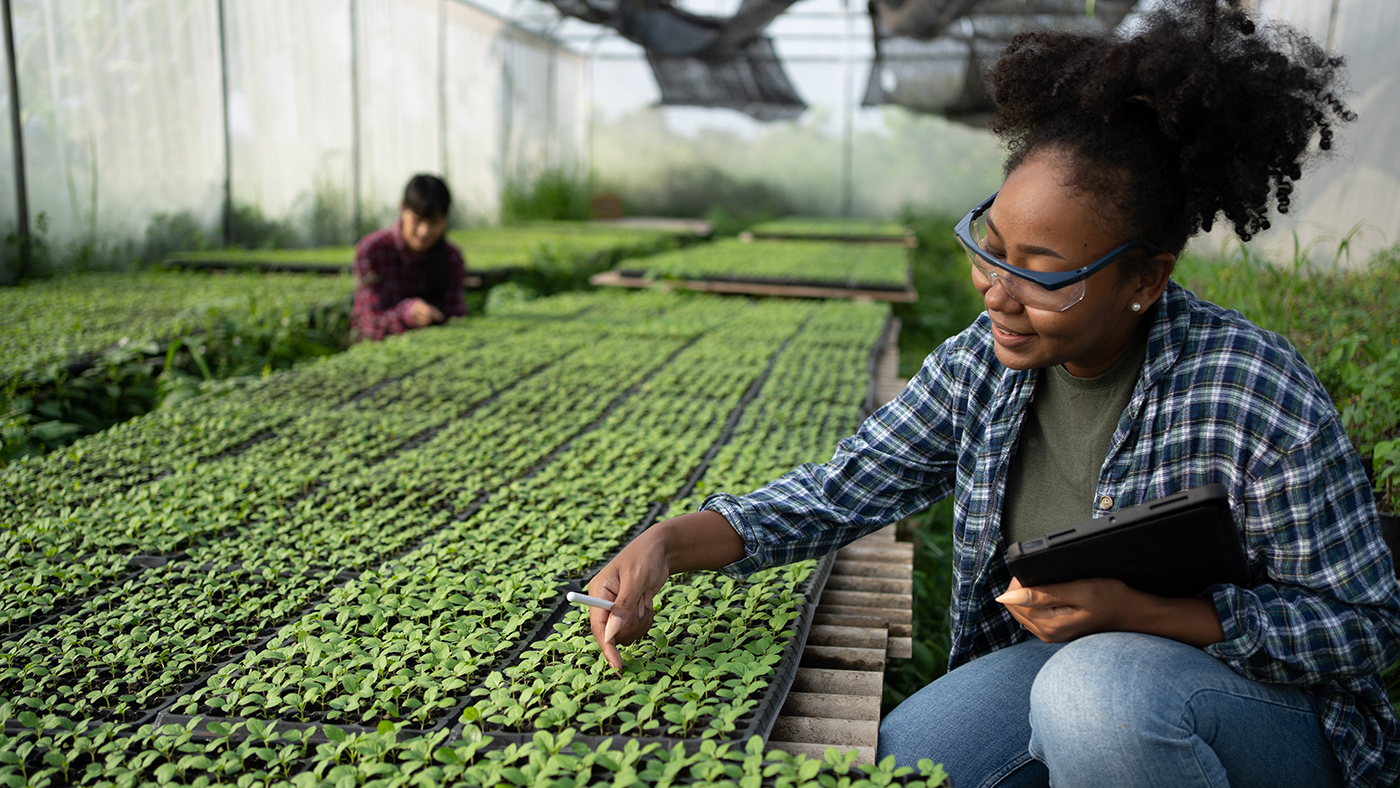How might one define agricultural literacy? For that matter how many people in our country are ag literate? First a possible definition? Make it three provided by North Carolina A&T State University Professor Kathleen Liang.
First the knowledge of agriculture in general, whether it’s different subjects like a crop, animal, or about different ways of doing agriculture, like conservation practice, high tunnel operations, that sort of thing.
That’s the understanding of how agriculture is embedded abroad, different aspects of life.
Agriculture itself has different disciplines relating to bioenergy, biology, chemistry, economics, business and food safety and nutrition, health family, everything is a part of the general agricultural umbrella. So understanding how agriculture in different subjects and in different ways linking back to our lives,
Then there is the education aspect of teaching agriculture, to the public at large.
To help people to use agriculture in general to enhance our own livelihood, to work within our own community and to help families and individuals to improve their opportunity. There are many, many ways that agriculture could embed in different job opportunities and the different skill sets, training.
So when it comes to the degree of agricultural literacy of the US, Liang says from her perspective, and others…
I noticed a lot of folks whether, it’s young or old in this generation, they’re further removed from the rural communities, from the agricultural operations. A lot of young people don’t quite understand how different types of crops grow, how different types of animals are raised on a farm, what kind of challenges farmers have to deal with.
Liang is among those using methods to improve agricultural literacy, doing so through educating teachers about the farm and the potential opportunities in agriculture. That’s being done through a curriculum supported by a USDA grant. More about that in a future program.


